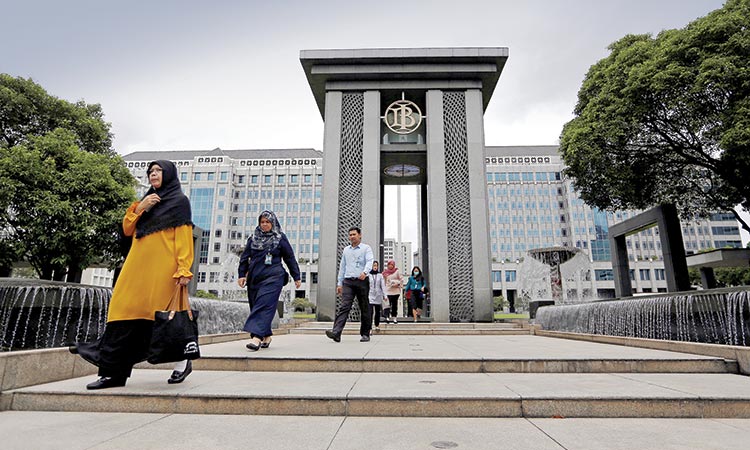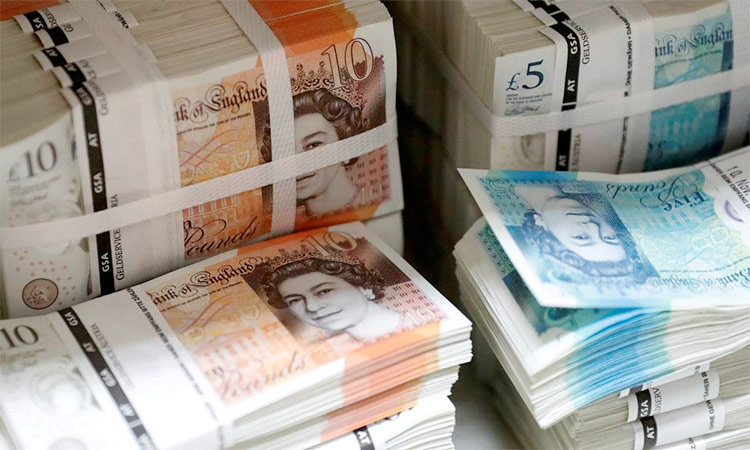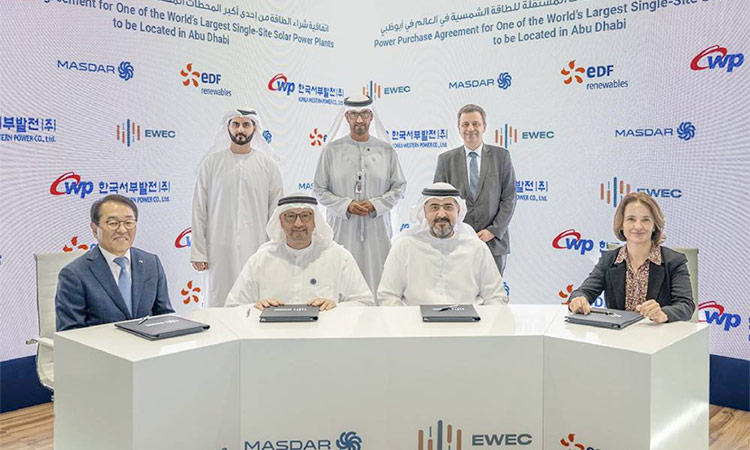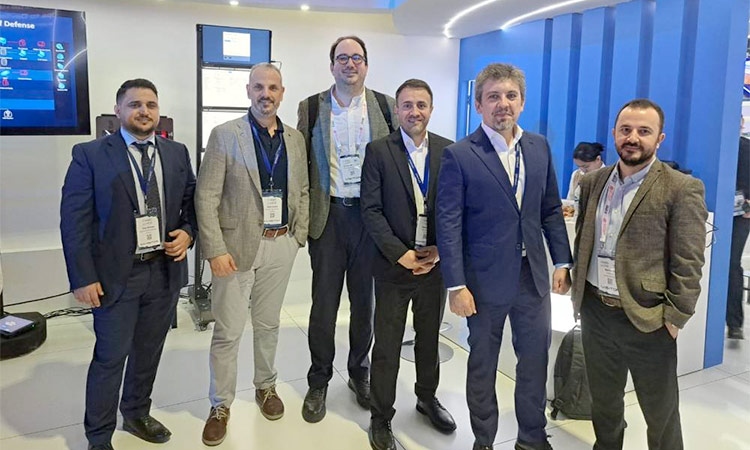Daimler to intensify cost cuts as loss triggers in second quarter
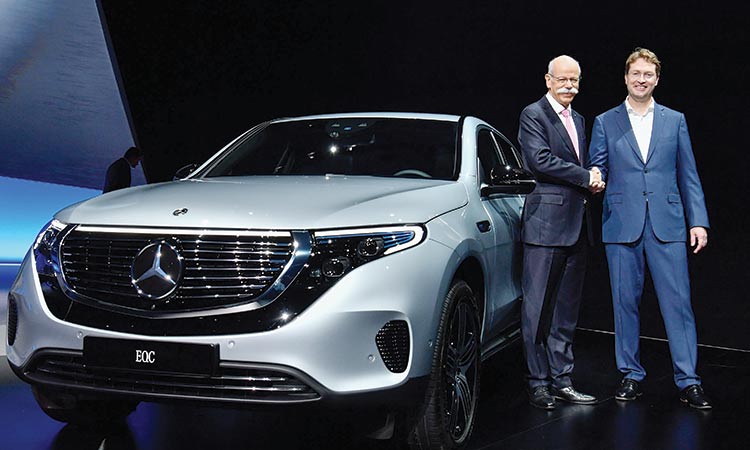
Dieter Zetsche and Ola Kaellenius during the annual general meeting of Daimler in Berlin. File/Agence France-Presse
The company reduced its sales outlook for Mercedes-Benz cars and said 4.2 billion euros in one-off expenses hit earnings, mainly at the cars and vans divisions, contributing to an operating loss at group level, compared with a 2.6 billion profit in the second quarter last year.
“We can’t help but note that this is the lowest level of money in the bank since the depths of the financial crisis,” Bernstein Research analyst Max Warburton said. “Raising Daimler’s operating performance is not going to be a quick fix.”
Daimler pledged to cut costs in response but provided few details under new Chief Executive Ola Kaellenius, who took up the top job two months ago from then CEO Dieter Zetsche.
“In general, we are intensifying the group-wide performance programmes and reviewing our product portfolio in order to safeguard future success,” Kaellenius said on Wednesday.
Rival Aston Martin also announced cost cuts and its shares tumbled after it lowered its outlook for operating profit on slowing demand, while peer Peugeot bucked the industry downturn with a sharp increase in first-half profit.
Daimler will provide details about potential cost cuts and its strategy on November 14 during its capital markets day.
Earlier this month, the Stuttgart-based carmaker had given an initial outline of earnings in what amounted to its fourth profit warning in 13 months, saying its 2019 group EBIT would be “significantly” lower than last year. Its shares traded 1.4% higher.
The Stuttgart-based carmaker said it now expects unit sales for Mercedes-Benz Cars to be at the prior-year level, revising its previous forecast of achieving a slight increase, following a sharp slowdown in demand in China.
Unblocking supplier bottlenecks which have delayed production of Mercedes-Benz GLE and GLS models will help push sales of luxury cars in the second half of 2019, Kaellenius said.
“Daimler is blaming supplier bottlenecks and quality issues pretty much across all divisions for its poor financial performance. These are certainly not external factors outside of management control,” analysts at Evercore said.
Daimler made a provision of 2.6 billion euros to cover diesel-related expenses in the first half of 2019 after German regulator KBA ordered a recall of 60,000 Mercedes-Benz GLK models, claiming the vehicles made use of illegal engine software. Daimler has appealed the KBA ruling.
The carmaker declined to break down in detail how much of the amount was allocated for recalls, updates and potential fines and litigation.
Daimler’s diesel pollution levels are being investigated by prosecutors in Stuttgart, Germany, where it is headquartered, as well as by the US Environmental Protection Agency (EPA) and the California Air Resources Board (CARB).
Pressure to clean up combustion engines has come at a time when the industry has to invest heavily in electric and self-driving vehicles, and cope with slowing growth in China, weak markets in Europe and a rise in global trade tensions.
Passenger car sales slowed 3% during the quarter and the return on sales at Mercedes-Benz Cars swung to a negative 3% in the quarter, down from 8.4% in the year-earlier period.
China’s Beijing Automotive Group Co (BAIC) has bought a 5% stake in Daimler, cementing their long-standing alliance after China’s Geely emerged as a potential rival by also taking a stake in the German automaker.
BAIC has been Daimler’s main partner in China for years, operating Mercedes-Benz factories in Beijing through Beijing Benz Automotive.
But last year Li Shufu, the chairman of Zhejiang Geely Holding, bought a 9.69% stake in the German company with the aim of forging an alliance to develop electric and self-driving cars. “This step reinforces our alignment with, and strong support for, Daimler’s management and strategy,” BAIC chairman Heyi Xu said on Tuesday.
Reuters reported in May that BAIC was seeking to buy a stake of up to 5% in Daimler as a way to secure its investment in Beijing Benz Automotive.
Daimler, which since 2013 has held a stake in BAIC’s Hong Kong-listed unit, said it welcomed BAIC’s investment.
“The purchase of Daimler shares by BAIC will strengthen the cooperation between BAIC and Daimler,” said Jefferies analyst Patrick Yuan.
“From this point of view, the possibility of Daimler increasing its stake in the Beijing Mercedes-Benz joint venture will be greatly reduced, which will benefit the shareholders of BAIC’s listed companies.”
Shares in Daimler rose by more than 2.5%, while BAIC’s listed subsidiaries, BAIC Motor Corp and BAIC BluePark New Energy Technology, climbed by more than 3% and 5% respectively after the news. The high cost of electric car batteries has made it hard for automakers to build affordable zero-emissions vehicles, leading several of them to strike alliances with Chinese partners.
Stuttgart-based Daimler in March agreed to build the next generation of Smart-branded city cars together with Geely, which is based in Hangzhou.
Daimler has reassured BAIC that any new industrial alliances involving Mercedes and a Chinese partner would only happen after a consensus is found with BAIC.
Geely declined to comment on the BAIC-Daimler deal but referred to past statements which said it was committed to long-term investment and healthy collaboration with Daimler.
Daimler shares have lost about 30% of their value since Li Shufu disclosed his stake, hit by a string of profit warnings linked to a slowing auto market and diesel emissions costs.
Meanwhile, French carmaker PSA Group delivered a sharp increase in first-half profit, defying a global industry downturn as new models and cost savings from the integration of Opel-Vauxhall more than made up for weaker emerging market sales.
Standing out against profit warnings from peers such as Daimler, PSA said on Wednesday its efficiency drive produced a 10.6% operating income gain even as deliveries went the other way - with a 12.8% decline posted earlier this month.
That lifted the Peugeot maker’s operating margin to a new 8.7% record from 7.8% a year earlier, boosted by a 270 million euro ($301 million) increase in cost savings on purchasing, research and development and overheads.
“Our results are proving the sustainability of our performance despite the weakness of global markets,” Chief Financial Officer Philippe de Rovira told reporters on a call.
Reuters


